I’m Black, but That’s Not Always How the World Sees Me
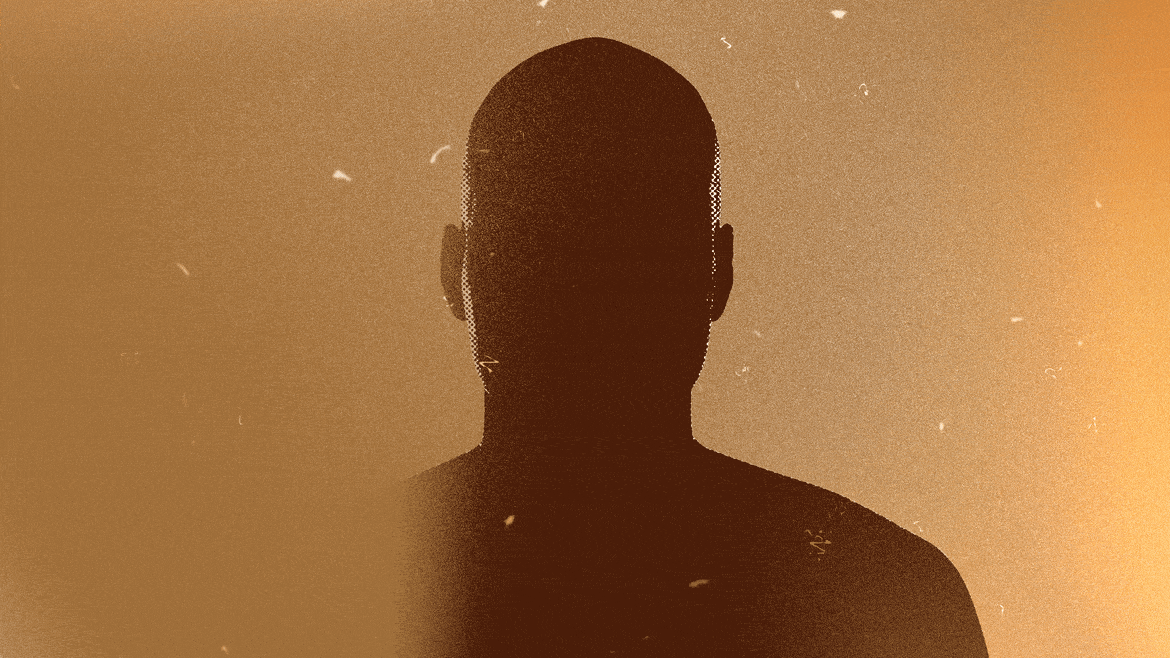
I’m Black. That’s plain to me. I was raised in a Black family, with all different shades of the spectrum.
But what that means to others is something else.
As I travel around the world, others see me as more of a question mark.
5 Ways ‘Rick Steves’ Europe’ Can Do Better for Black People
I recount my lineage in the same way to everyone. My father was raised in New York, but his family is from Puerto Rico. His heritage is primarily Spanish, Taino Indian, and Black Algerian. I carry the same name as my great grandfather, a sailor from Algeria: Lateef Daumont.
My mother’s family is from Louisiana, and our roots there trace from New Orleans, back through Baton Rouge, Natchitoches, and finally to Cane River. My mother’s side of the family is very fair-skinned. It’s a long and fascinating story, but maybe one for another time, for the right time.
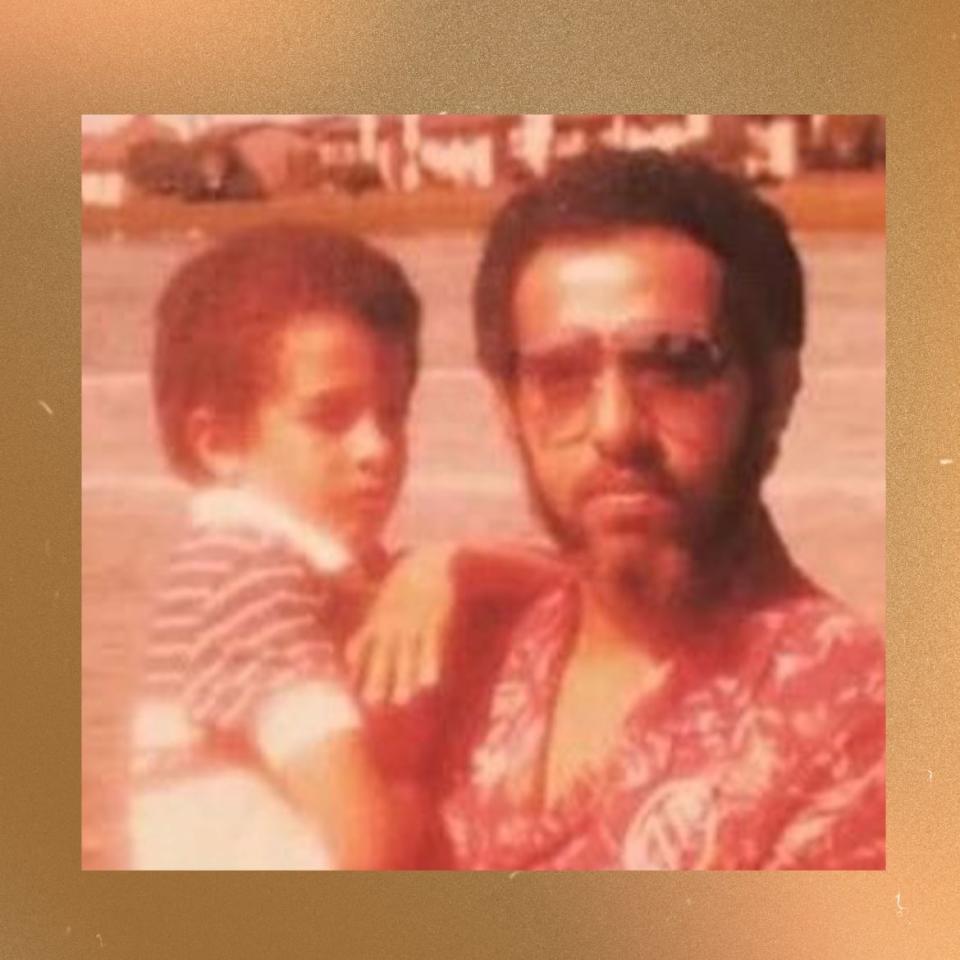
The author and his father, Lucas.
I was born and raised in Oakland, California.
In Oakland, when I tell folks how my parents arrived in the city and conceived me, people tend to hand wave and say “You light-skinned” or “You mixed” as a subcategory for Black.
“Like Curry, or Klay.”
Black folks in the Bay Area are often seen as both multi-ethnic and Black. Light-skinned or mixed race people in the Bay Area are not an anomaly. Personally, it feels like an oversimplification, but I get it. People need their own context.
When I travel to New Orleans, I’m often interrogated over my family names (Tervalon/Jones/Montague/Galapion). Sometimes folks know just by looking at me that they are, most likely, related to me. Once authenticated, that familiarity provides access to realities and experiences that are not normally shared with folks outside the community. It is also the only place that defines me chiefly by my mother’s rich cultural heritage, and not my father’s darker skin.
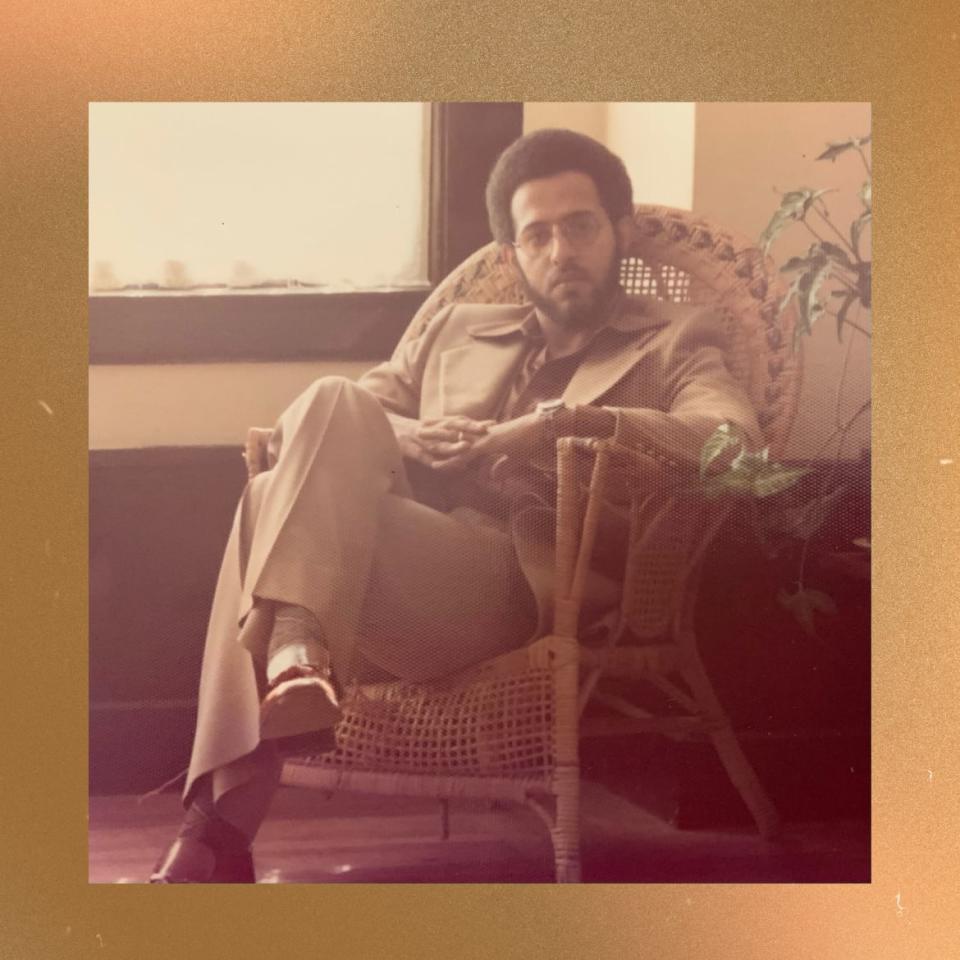
The author’s father, Lucas.
In New York, where my father is from, I am Puerto Rican. On sight. They don’t ask, they just tell me—there ain’t a lot of conversation about it.
My father, born in Puerto Rico and relocated to New York as a toddler, is Borinquen Moreno. But no one asks about the rest of the racial makeup, and by extension, my own.
In New York, it is simply a statement of fact: “You Puerto Rican.” That’s it.
But in France, where I was recently on business, people wanted to know where I was from before the trip across the Atlantic. As in, they wanted to know where in Africa my ancestors were from.
On my mother’s side the answer is Kenya—her family matriarch, Kersia, an East African woman, is buried in Cane River, Louisiana. There is an opportunity here to tell you stories of people from all over the Earth that tried their luck in an earlier America—specifically in freaky-deaky French Colonial America. The point is I don’t look Kenyan to people. My heritage includes additional information from Togo, Haiti, and over 10 other ethnicities.
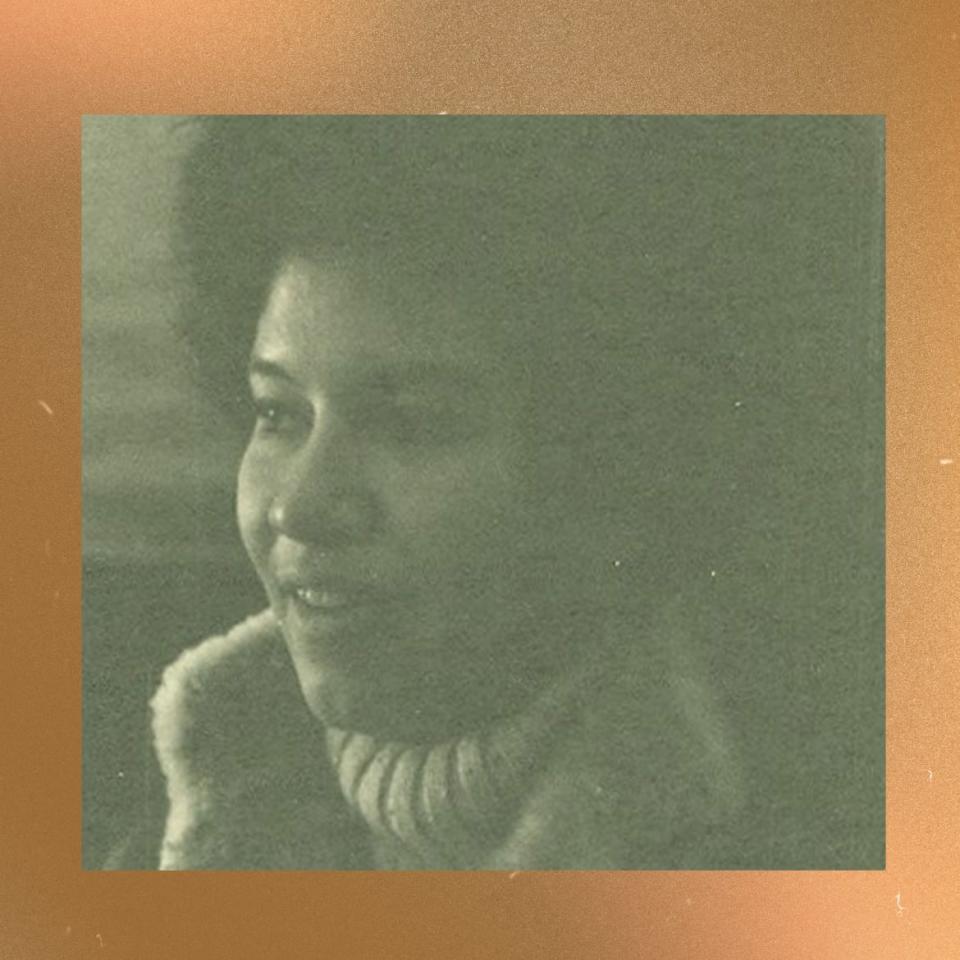
The author’s mother, Melanie.
In France, they are ready to bet cold hard cash that I’m from Morocco. On sight. Although I’m not, there is money to be made. But when they find out what’s what, it all makes sense to them. My father looks very Algerian because he is. As his son, I have a Muslim first name and a French last name. It’s as powerful as it is surprising to be welcomed into community with historically Muslim, Berber, and Moorish folks.
By identifying with me, culturally, these folks are making an effort to welcome based on commonality.
People crave connection. They look to learn from others. For some people, the question of ethnic history is just a conversational formality—a seat at the table has already been set for me. These are the people that meet me in the spirit of inclusion.
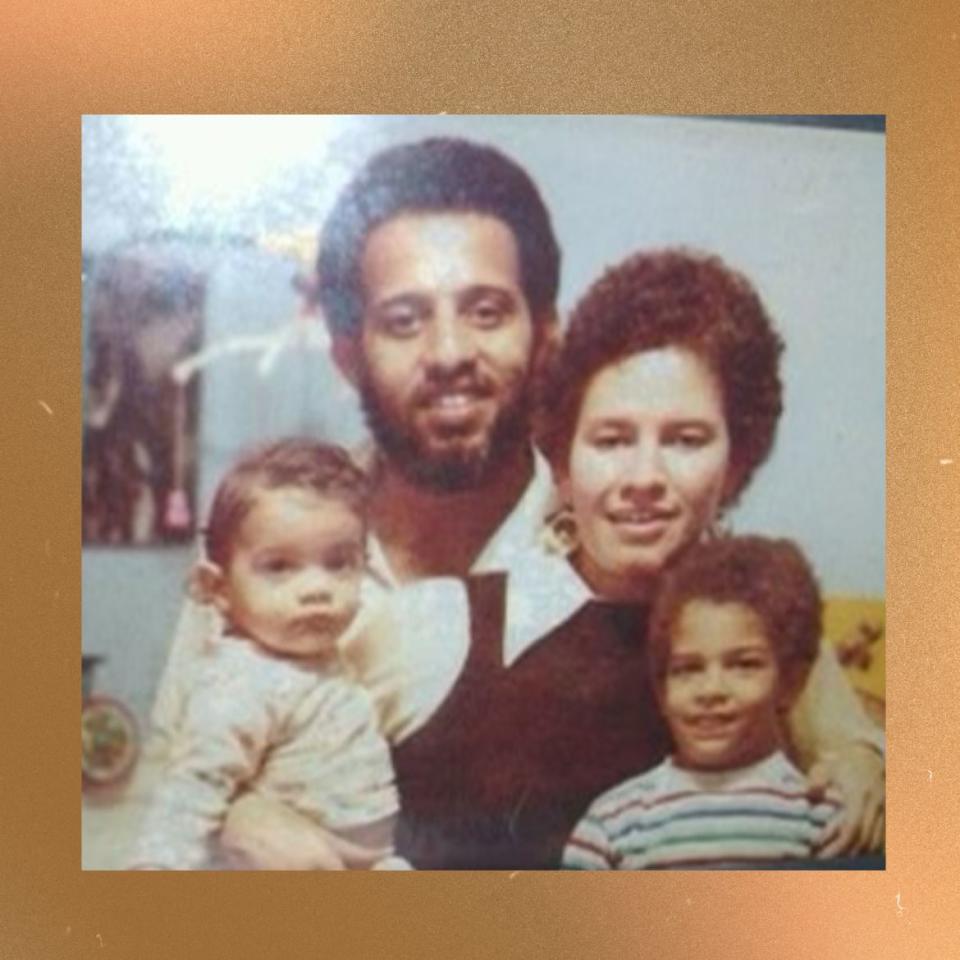
The author’s family. From left to right; sister Esperanza, father Lucas, mother Melanie, and the author, Lateef.
But some folks, especially here in the U.S., view me only in the spirit of exclusion.
How my family got to Oakland, the stops along the way, and why I look the way I do, are all a direct result of the transatlantic slave trade.
That part of the conversation makes some people uncomfortable. Which means that my very existence makes some people uncomfortable. Which is crazy, considering that it’s just history. It’s immutable. It happened. You don’t have to feel a way about it for it to have occurred. But you can’t just ignore it and make it go away.
Your life won’t change for the worse in any kind of substantive way from acknowledging my existence.
End the Stigma on Black Men Suffering From Depression
Yet, when the GOP rails against people being educated about any of these parts of world history and African-American history—the parts about me, whether Oakland, Louisiana, New York, Puerto Rico, or Africa—they are lobbying for the erasure of how I came to be. They wring their hands about the need to erase who I am.
Yet here I am. I’m the evidence of what has happened, still here, staring at you in your face.
Still got these fingers in the air, too.
Just like those that came before me.
Get the Daily Beast's biggest scoops and scandals delivered right to your inbox. Sign up now.
Stay informed and gain unlimited access to the Daily Beast's unmatched reporting. Subscribe now.

